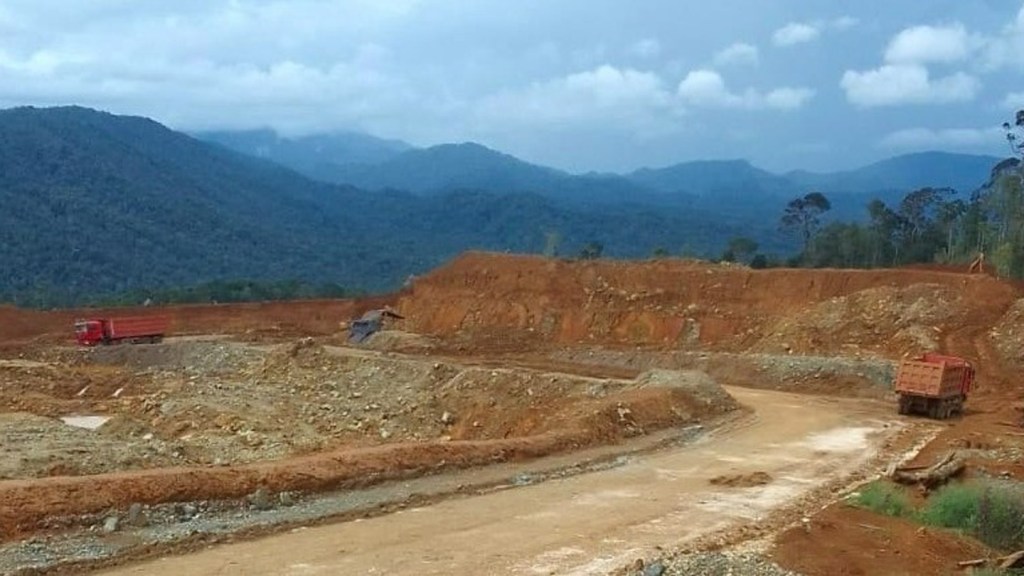A major fracking company operating in northern British Columbia has been cut off from its water supply.
The BC Environmental Appeal Board cancelled the water license Calgary-based Nexen was granted by the BC Oil and Gas Commission that allowed it to pump 1.4 million cubic meters of water per year from the Tsea River and Tsea Lake.
Videos by VICE
In its 120-page decision, released on Sept. 3, the board ruled in favor of the Fort Nelson First Nation, which complained that Nexen’s use of the lake water located north of the community violated their treaty rights because it was done without proper consultation with them, and the extraction process posed problems for the environment.
However, Nexen will still be allowed to operate using the water it has already accumulated in storage.
“[T]he evidence before the panel established that excessive water withdrawals may cause adverse effects on the habitat of aquatic and riparian species, including species that the First Nation depend on for the exercise of their treaty rights,” the board concluded.
Fort Nelson’s chief Liz Logan expressed her delight at the ruling in a statement released Tuesday. “I think it’s going to set a precedent that BC now needs to pay attention and needs to start looking at critical environment values throughout all of our territories — not just my territory or the other neighboring First Nations territories,” she said.
“Our members have always used the Tsea Lake area in our territory to hunt, trap, and live on the land. The company pumped water out of the lake, even during drought conditions. There were major impacts on the lake, fish, beavers, and surrounding environment.”
Both the province and Nexen argued that the company’s use of the water had no negative impacts on the environment and was done with sufficient consultation with Fort Nelson.
The ruling comes at tense time for the Chinese-owned company as the province of Alberta recently shuttered 95 of its pipelines after a major rupture that led to one of the country’s largest oil-related pipeline spills was discovered in July. Plummeting oil and gas prices have also brought the industry to its knees.
Related: ‘It’s the New World Record’: Earthquakes Linked to Fracking Are Getting Stronger in Alberta
Fracking operations across Canada are facing a number of hurdles. New Brunswick and Quebec have placed a temporary moratorium on the technology, which has been criticized for the massive amounts of water it uses. And this summer, a study by researchers at the University of Pennsylvania and Columbia University found higher hospitalization rates for people living near heavily fracked areas.
Nexen and the BC government announced on Tuesday that it was “carefully” reviewing the board’s ruling and will weigh the possibility of applying to have it reviewed by a BC Supreme Court judge.
“We had significant slowed the pace of exploration and development in the region due to depressed commodity prices, therefore this decision does not have any immediate impacts on our operations,” a Nexen spokesperson told the Vancouver Sun.
Follow Rachel Browne on Twitter: @rp_browne



